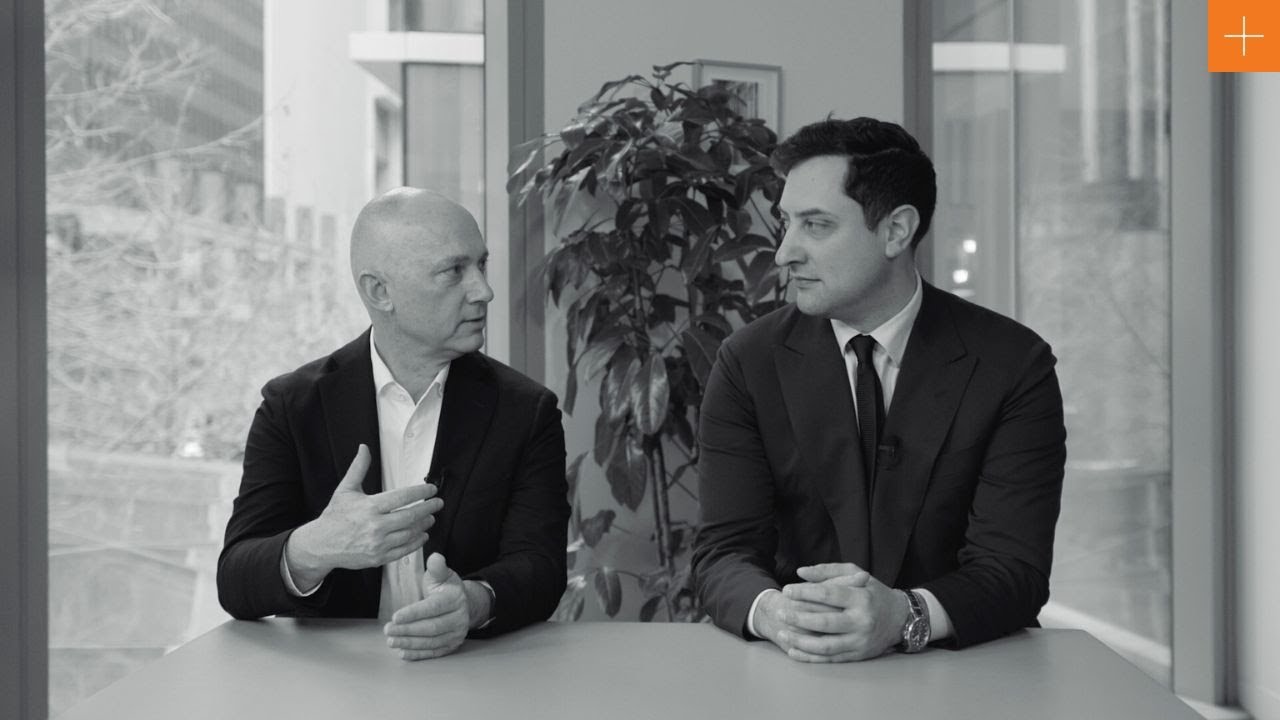It is often the first question a lawyer is asked: ‘What are my chances of winning?’
The answer to this question forms ‘prospects advice’: a prediction about an outcome to help guide the decisions we make about resolving a dispute. Ultimately, we judge our confidence in litigation based on our understanding of the case and our confidence in the lawyer.
Too often however, our decision to take legal action is founded on the latter: we trust the lawyer’s judgement without properly understanding its origin. This exposes a few problems. How can we interrogate how accurate the advice is? What information will we base our decisions on throughout the litigation process? How will we learn from our decisions?
It is therefore important that in prospects advice, we understand the range of potential outcomes and the lawyer’s reasoning as thoroughly as possible to avoid blind trust and unexpected outcomes.
Intuitive vs Constructed Advice
Broadly, there are two models for prospects advice:
1. Intuitive assessments: the informed opinions of the lawyer, often expressed in probability-based language or values.
2. Constructed assessments: an analysis of the information and process by which the dispute will be determined.
Here, we distinguish between these models with regards to the information each provides, the impact on our present decision making, and what each teaches us about the outcome to improve the accuracy of our future decision making.
The type of information we receive
Intuitive: With an intuitive assessment, the lawyer makes an intuitive judgement about the likely outcome of the case, designed to imbue a certain degree of confidence in a course of action. The intuitive assessment synthesises the reasoning inside the lawyer’s head, communicating only the result of that reasoning. For example, advising that a case has a ‘very good chance of success’ – which can be interpreted differently between people. By nature, the thought process, experience and technical legal knowledge behind the intuition is not articulated and therefore evades critical scrutiny. This assumes we will be unable to understand the legal reasoning behind the intuition.
With a dependence on intuition, our trust that a favourable outcome will be achieved is placed only in the individual giving the advice.
Constructed: A constructed assessment is designed to help you understand the factors that will determine the outcome by analysing the legal pathways and range of potential outcomes. The prospects advice clearly lays bare the facts, assumptions and reasoning underpinning the advice. For example, it may be that if a certain piece of evidence is accepted, the case will win. Critically, the analysis of prospects include the activities that will need to follow in order to ensure that particular evidence is accepted. The chances of success are therefore understood by our ability to make certain decisions or take certain steps.
When this pathway is constructed – rather than basing our decisions on the assessment of the individual alone – we are also able to trust the integrity of the legal process.
Impact on our present decision making
Constructed: When the reasoning behind an assessment is shared, we are given a framework to assess the advice. By discussing the pathway of facts and events, and the process by which they will be proved, we can interrogate the likelihood of achieving each component.
When prospects advice is transparent and precise, it expands our thoughts and understanding of our case. Through an understanding of the litigation process, we are invited to understand the progress of the dispute as it unfolds. If opportunities for resolution arise, we can evaluate them with greater accuracy. By being aware of the steps that will influence the outcome, we also have a model for critiquing an indirect path to resolution.
Intuitive: An intuitive assessment does the opposite. By withholding the reasoning by which it was formed, it shuts down our capacity to understand the legal process and what information is required. As we go forward, the mind is not opened to the task of uncovering the information required to win, only satisfying the outcome that was promised. We become attached to, and blinded by, confidence.
Lawyers, as with many professionals, have a tendency to jump to the solution. Experience and technical legal knowledge can provide relatively quick intuition about a case’s likelihood of success. A failure to listen properly and ask insightful questions should raise questions of such intuition, and when the reasoning is bypassed, the benefit of helping others understand is also overlooked. Clients become removed from the process, unable to critique the advice and unable to understand is accuracy until the outcome is determined.
What is learned by the outcome
Intuitive: Because we are not invited into the reasoning behind an intuitive assessment, there is no way of assessing whether the decision making pathway could have been amended or improved. If we experience a negative outcome, it may not necessarily follow that the lawyer’s decision making was wrong. However, it is also not self-evident that the reason the outcome was negative fell within the lawyer’s assessed likelihood of failure. The lawyer could have done everything right, but we have no way of knowing.
A negative outcome will undoubtedly influence our perception of the events that transpired, but with an intuitive assessment, we gain no information about how to change our analysis of similar situations to make more effective decisions in the future. Only our perception of the lawyer changes, but how will we tell if our next lawyer is better than the last?
Constructed: When analysing an outcome, the constructed assessment is a more meaningful piece of information because the mechanics of the analysis are laid bare. If we are aware of the reasons that a lawyer is suggesting we will win or lose, the outcomes of those factors provide a checklist to assess the accuracy of the advice. The next time we need legal advice, we can compare the prospects assessment to our previous experience and have structure in informing and have structure in informing our perception of the future. The same benefit applies to the lawyer, who will have a framework for reflecting and refining the professional process. When prospects advice is transparent, the wiggle room for accountability is removed.
Conclusion
Prospects advice should inform decision making. Without a more layered and precise awareness of the relevant factors and reasoning that informs prospects advice, we risk relying on assessments of intuition and forgoing the chance to improve our decision making and learn from our decisions.
To start the process of resolving your commercial dispute, contact Aptum today.




